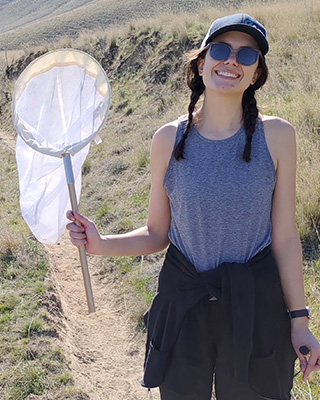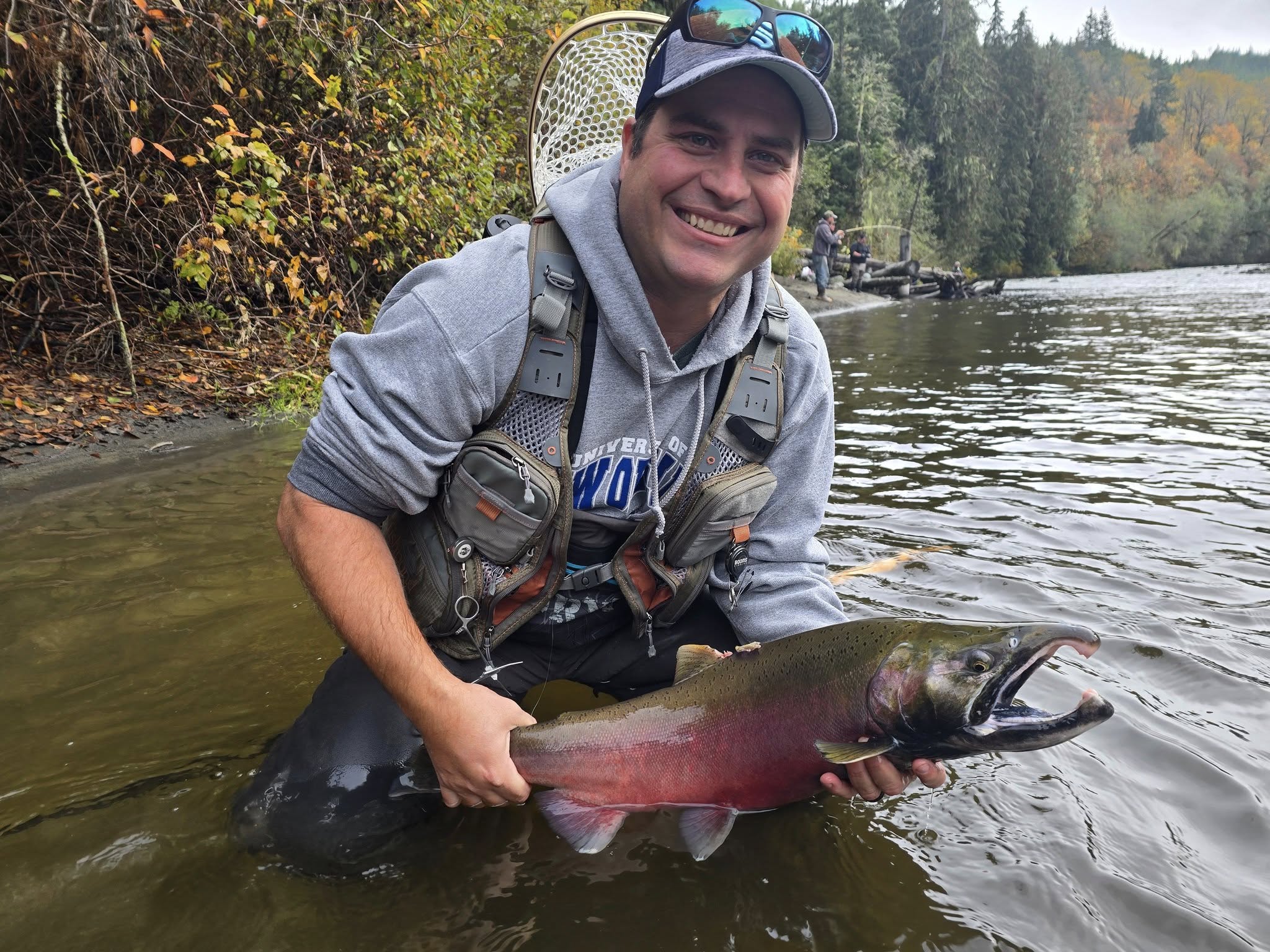Environmental Conservation
The Environmental Conservation (ENVC) program is designed to meet the growing need for environmental and natural resource technicians within the natural resources and parkland areas.
The effects from landscape uses such as forestry, agriculture, and urban development are the focus of the degree. Graduates may be employed by federal, state, county, and city governments, tribal nations or private businesses managing natural resources. Employment by non-governmental organizations is also on the rise.
Graduates of the Environmental Conservation AAS-T degree will be able to:
- Apply scientific processes and thinking to answer environmental and natural resource questions.
- Examine and discuss environmental issues through both ecological and social lenses.
- Identify a variety of organisms and their ecological roles, with an emphasis on regional species and taxonomic groups.
- Apply fundamental concepts of biology, ecology, and conservation to natural resources management and environmental problem-solving.
Faculty and Staff

Department Chair
360.416.7749
claudia.avendano-ibarra@skagit.edu
I am a broadly trained ecologist with a specialty in entomology. Insects and their interactions with all parts of the environment are the fascinating forces that help the world keep running. I am especially interested in the important roles insects play in human-managed systems. I love teaching because I love sharing the wonders of the natural world with others. I believe in a student-centered classroom full of active learning experiences and building skills that students can apply in their careers and their lives.

Jon McKenzie
Faculty
360.416.7816
jonathan.mckenzie@skagit.edu
As a marine biologist and fisheries researcher, I focus on preparing students for
careers in environmental sciences through hands-on field experiences and local examples
that connect classroom learning to real-world applications.
From studying lemon shark nurseries in Louisiana to conducting filtration experiments
with freshwater mussels in aquaculture systems, my career has focused on understanding
and conserving aquatic ecosystems. My teaching philosophy centers on engaging students
with practical fieldwork and fostering critical thinking to tackle complex conservation
challenges.
I believe in empowering students to apply scientific concepts to pressing environmental
issues, helping them build the skills and confidence needed for a meaningful career
in conservation.